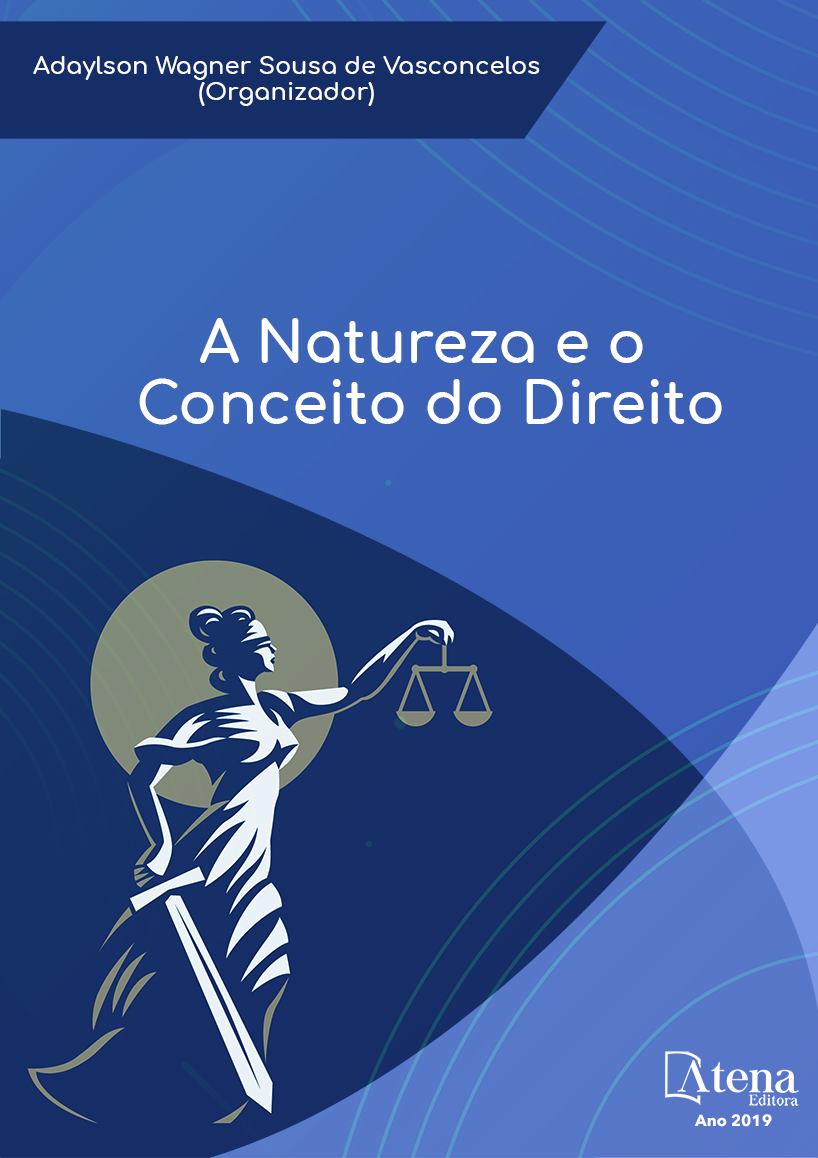
PRINCÍPIO DA INDIVIDUALIZAÇÃO DA PENA E A FUNÇÃO JURISDICIONAL NA PROTEÇÃO DOS DIREITOS FUNDAMENTAIS: O DESAFIO DO JUIZ FRENTE ÀS CIRCUNSTÂNCIAS JUDICIAIS
O presente trabalho pretende
estabelecer uma correlação lógica entre
o princípio da individualização da pena,
a atividade jurisdicional e a proteção dos
direitos fundamentais. Para tanto, e como
caminho necessário, iniciamos pelas
questões relacionadas aos princípios e a sua
normatividade, tudo à luz da Constituição
Federal. Num segundo momento, objetiva-se a
análise detalhada do princípio da individualização
da pena e a sua aplicabilidade no ordenamento
infraconstitucional, em especial o Código Penal,
que indica nos art. 59 e seguintes as formas para
individualização da pena. Chega-se, então, à
atividade jurisdicional, especialmente ao juiz
que aplica a pena e que se vale da linguagem
como ferramenta indissociável de sua atividade
interpretativa, destacando-se o paradigma
kelseniano da moldura interpretativa e outras
sempre com vistas à proteção dos direitos
fundamentais, dando destaque às do indivíduo
que integra o polo passivo da ação penal. Por
fim, buscou-se um breve histórico da proteção
que os direitos humanos fundamentais nas
constituições brasileiras e uma breve análise
sobre o que tem decidido os tribunais sobre a
temática aqui tratada com algumas críticas.
PRINCÍPIO DA INDIVIDUALIZAÇÃO DA PENA E A FUNÇÃO JURISDICIONAL NA PROTEÇÃO DOS DIREITOS FUNDAMENTAIS: O DESAFIO DO JUIZ FRENTE ÀS CIRCUNSTÂNCIAS JUDICIAIS
-
DOI: 10.22533/at.ed.7681908105
-
Palavras-chave: individualização da pena; direitos fundamentais; linguagem; Estado-juiz; interpretação; circunstâncias judiciais.
-
Keywords: individualization of sentence; fundamental rights; language; legal State; interpretation; circumstance.
-
Abstract:
The present work intends to
establish a logical correlation between the
principle of individualization of the sentence,
the jurisdictional activity and the protection of
fundamental rights. To do so and as a necessary
way, we begin by the questions related to the
principles and their normativity, everything
in the light of the Federal Constitution. In a
second moment we pass on to the detailed
analysis of the principle of the individualization
of the sentence and its applicability in the
infraconstitutional regulation, especially the
Penal Code, which indicates in articles 59
and following the forms for individualization of
the sentence. It is then possible to reach the
jurisdictional activity, especially to the judge who
applies the sentence and who uses language
as an inseparable tool of his interpretive activity,
highlighting the Kelsenian paradigm of the
interpretive framework and others, always with
a view to the protection of fundamental rights,
especially for those individuals who integrate
the passive pole of the criminal action. Finally, was sought a brief history of the protection of fundamental human rights in Brazilian
constitutions, and a brief analysis of what the courts have decided on the subject here
dealt with some critics.
-
Número de páginas: 15
- Mozart Gomes Morais


